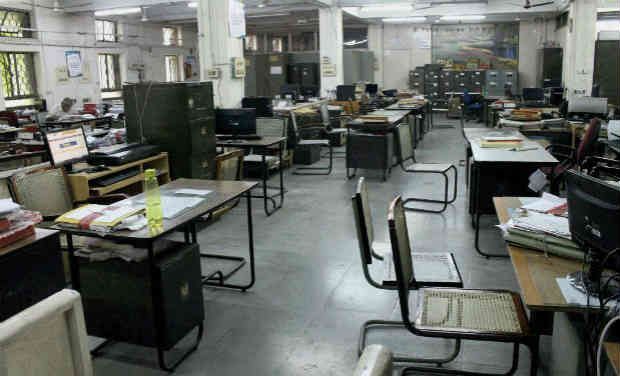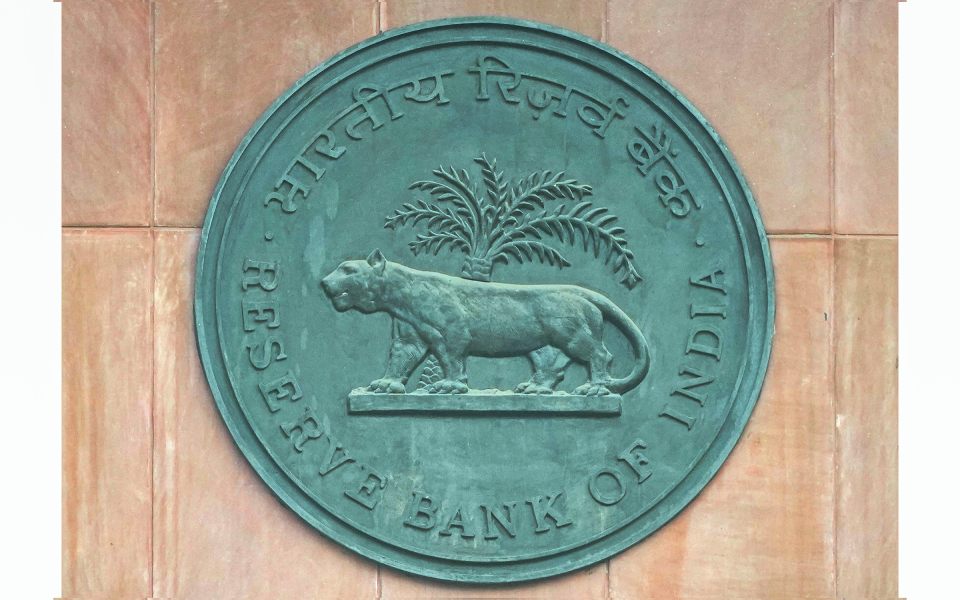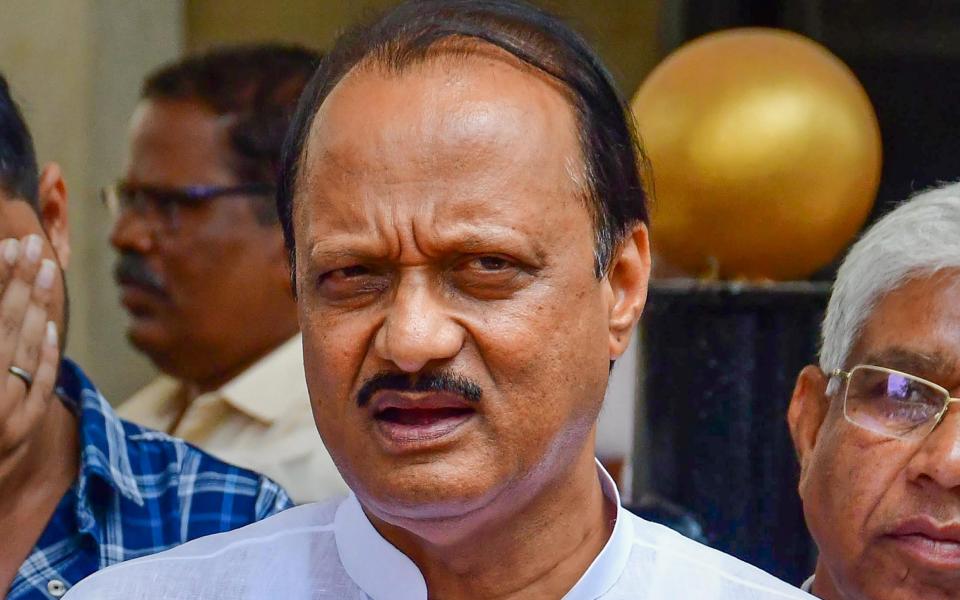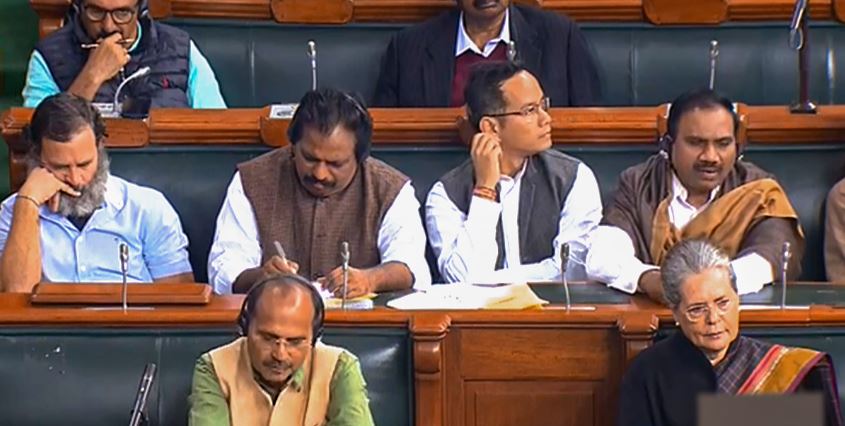Palakkad, Sep 2: Don't get amused if officials of a local village panchayat here are seen politely persuading visitors to call them by their name or designation instead of usual salutations like 'sir' or 'madam'.
Scripting history, the Mathur village panchayat in this north Kerala district has banned the colonial honorifics like 'sir' and 'madam' in its office premises with an aim to bridge the barrier between common people, people's representatives and civic body officials and thus build a bond of love and trust between each other.
With this, Mathur has become the first civic body in the country to ban the usage of salutations like this, setting a unique reformation model for other civic bodies.
A recent meeting of the panchayat council had unanimously taken the historic decision and started implementing the new rule.
Setting aside political difference, the seven CPI(M) nominees and one BJP member of the 16-member Congress-ruled village panchayat had backed the resolution moved in this regard earlier this week.
P R Prasad, vice president of the Mathur Panchayat, said the core objective of the move is to bridge the gap between commoners, who visit the panchayat offices with their needs, and people's representatives and officials.
"Cutting across politics, everyone in our panchayat is particular about creating a friendly and warm atmosphere in the office. All of us had a feeling that the salutations like sir or madam used to create a gap between us and people approaching us with their issues," he told PTI.
The panchayat members also felt that these honorifics were remnants of the colonial past.
"In a democracy, people are the masters and people's representatives and officials are there to serve them. They do not need to request us to do anything for them but they can demand service as it is their right," he said.
After banning the salutations, the civic body displayed a notice outside the office telling people that if they are denied any service for not using the honorifics, they can lodge a complaint directly to the panchayat president or secretary.
Every official of the panchayat would place a board on their tables displaying their names. They also requested the Official Language Department to provide them alternative words for "Sir" and "Madam".
So far, those people, who feel any discomfort in addressing elderly officials by their names, can call them using friendly terms like ''chettan' (elder brother) or 'chechi' (elder sister) in Malayalam, he said.
The Mathur Panchayat authorities also decided to bring out "avakasha pathrika" (rights certificate) in the place of the present 'apeksha form' (application form) to ensure the supremacy of the citizen in a democracy.
'Apeksha" means 'request' in local parlance.
Let the Truth be known. If you read VB and like VB, please be a VB Supporter and Help us deliver the Truth to one and all.
Mumbai, Aug 13 (PTI): The RBI will introduce a new mechanism from October 4 for clearance of cheques within hours of being presented to banks, reducing the current time period of up to two working days.
Cheques will be scanned, presented, and passed in a few hours and on a continuous basis during business hours. The clearing cycle will be reduced from the present T+1 days to a few hours.
Cheque Truncation System (CTS) currently processes cheques with a clearing cycle of up to two working days.
To improve the efficiency of cheque clearing and reduce settlement risk for participants, and to enhance customer experience, the RBI has decided to transition CTS from the current approach of batch processing to continuous clearing with 'on-realisation-settlement'.
The Reserve Bank of India (RBI) has issued a circular for introduction of Continuous Clearing and Settlement on Realisation in CTS.
"It has been decided to transition CTS to continuous clearing and settlement on realisation in two phases. Phase 1 shall be implemented on October 4, 2025 and Phase 2 on January 3, 2026," it said.
There will be a single presentation session from 10:00 AM to 4:00 PM.
Cheques received by the branches shall be scanned and sent to the clearing house by the banks immediately and continuously during the presentation session, RBI said.
"For every cheque presented, the drawee bank shall generate either positive confirmation (for honoured cheques) or negative confirmation (for dishonoured cheques)," it said.
During Phase 1 (from October 4, 2025 to January 2, 2026), drawee banks will be required to confirm (positively/negatively) cheques presented on them, latest by the end of the confirmation session (7:00 PM), else those will be deemed to have been approved and included for settlement.
In Phase 2 (from January 3, 2026), the item expiry time of cheques shall be changed to T+3 clear hours.
Giving an example, the RBI said the cheques received by drawee banks between 10:00 AM and 11:00 AM will have to be confirmed positively or negatively by them by 2:00 PM (3 hours from 11:00 AM).
Cheques for which confirmation is not provided by the drawee bank in the prescribed 3 hours shall be treated as deemed approved and included for settlement at 2:00 PM.
RBI further said that on completion of settlement, the clearing house will release the information of positive and negative confirmations to the presenting bank.
"The presenting bank shall process the same and release the payment to the customers immediately, but not later than 1 hour from successful settlement, subject to usual safeguards," it said.
RBI directed banks to make their customers adequately aware of the changes in the cheque clearing process.
Banks have also been asked to be in readiness to participate in continuous clearing in CTS on the prescribed dates.





